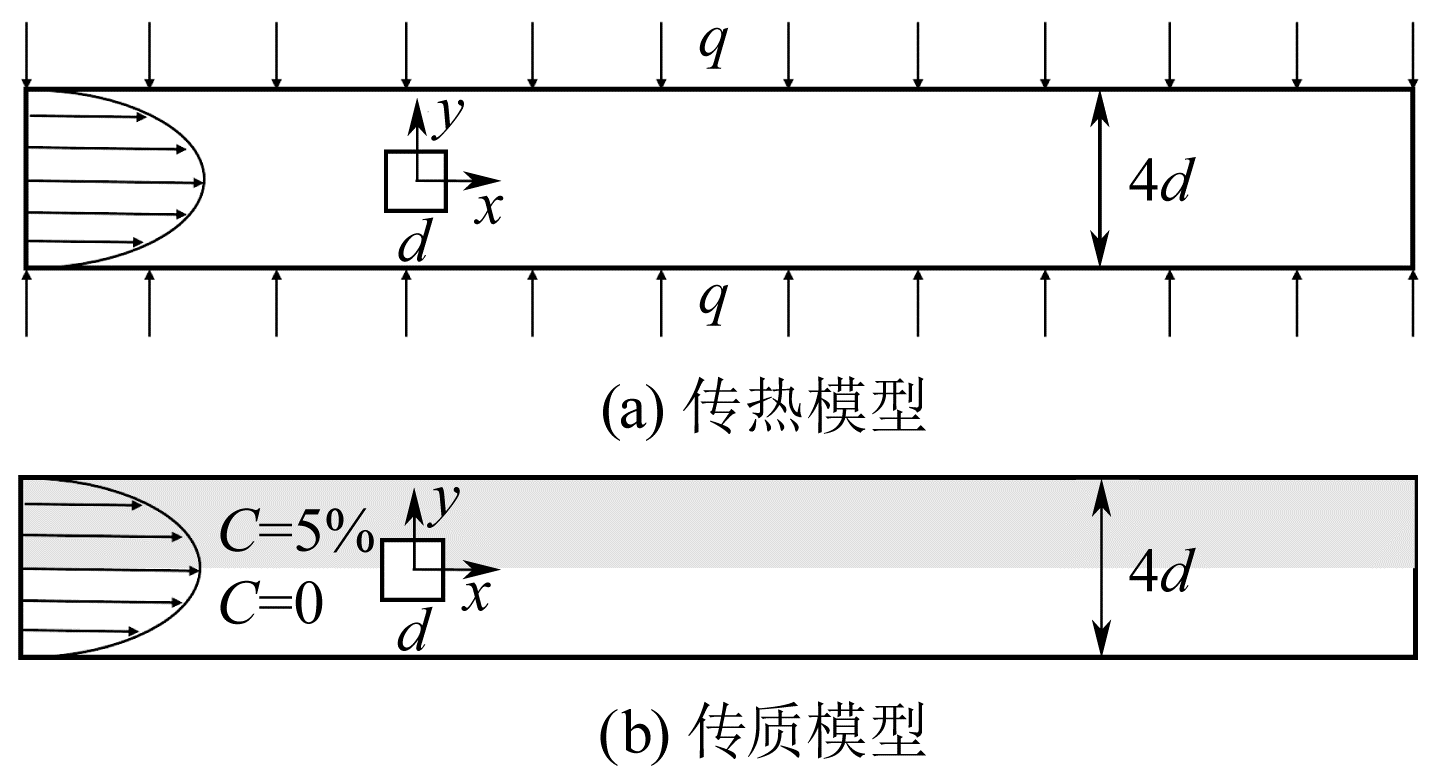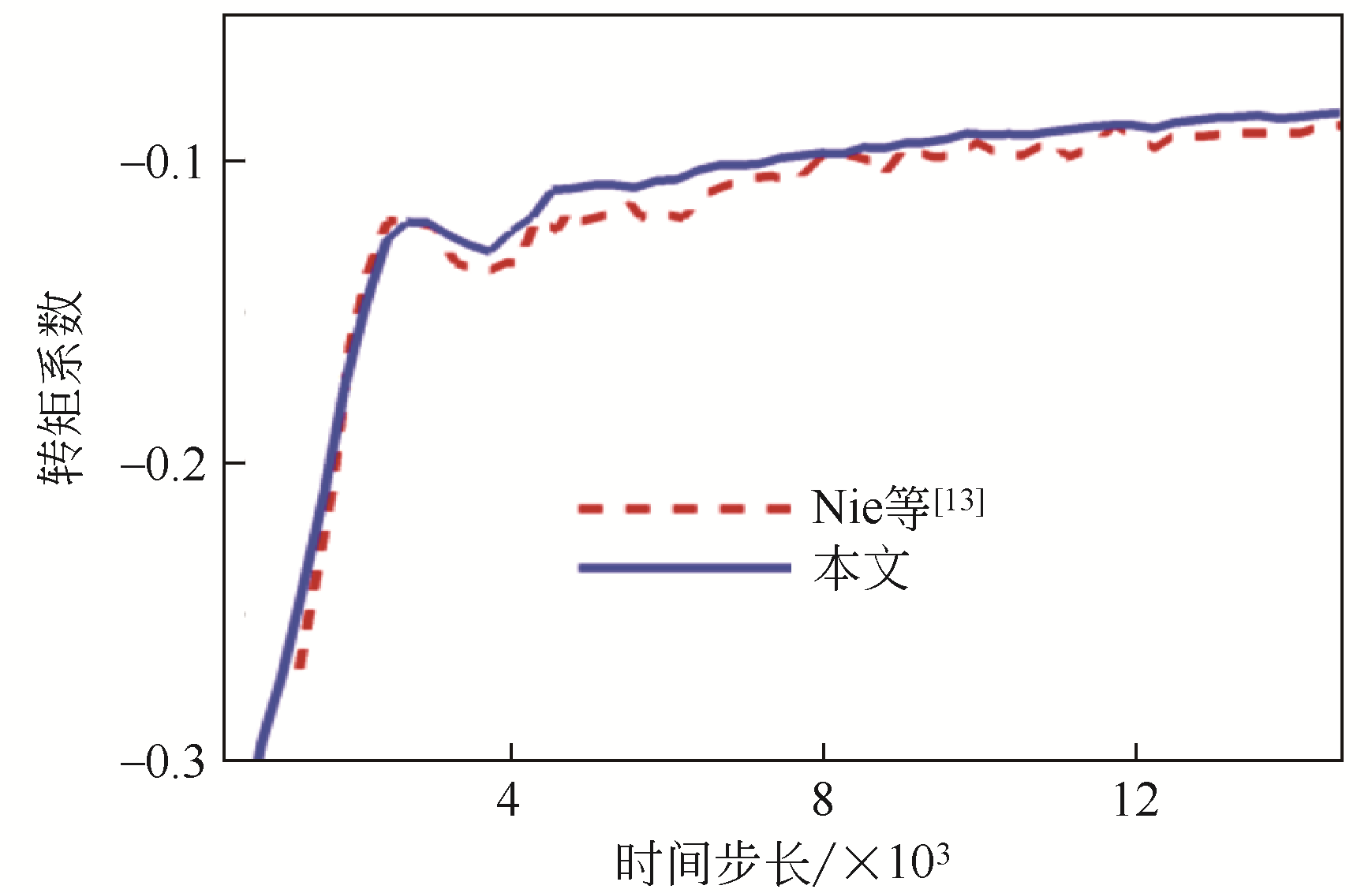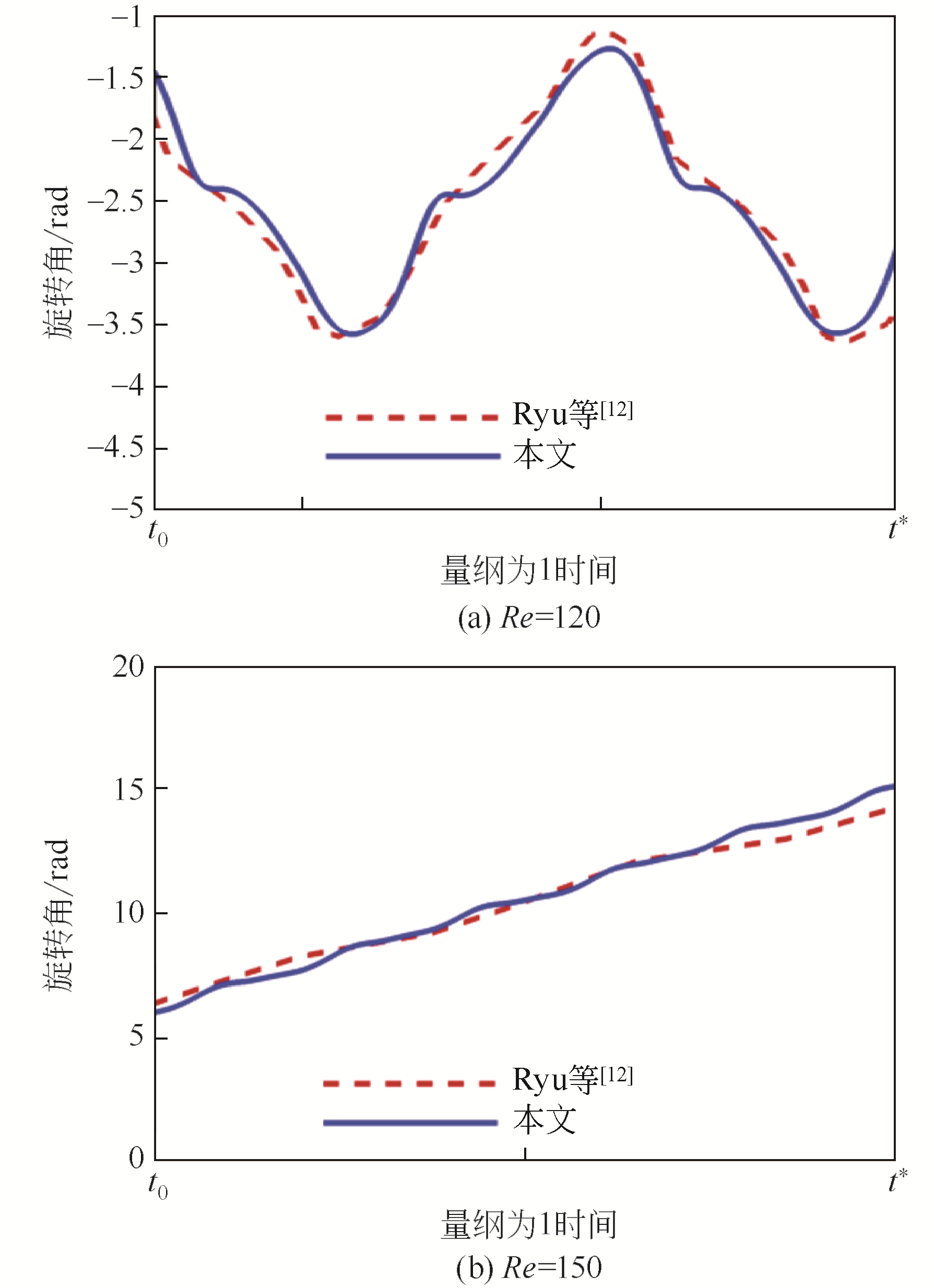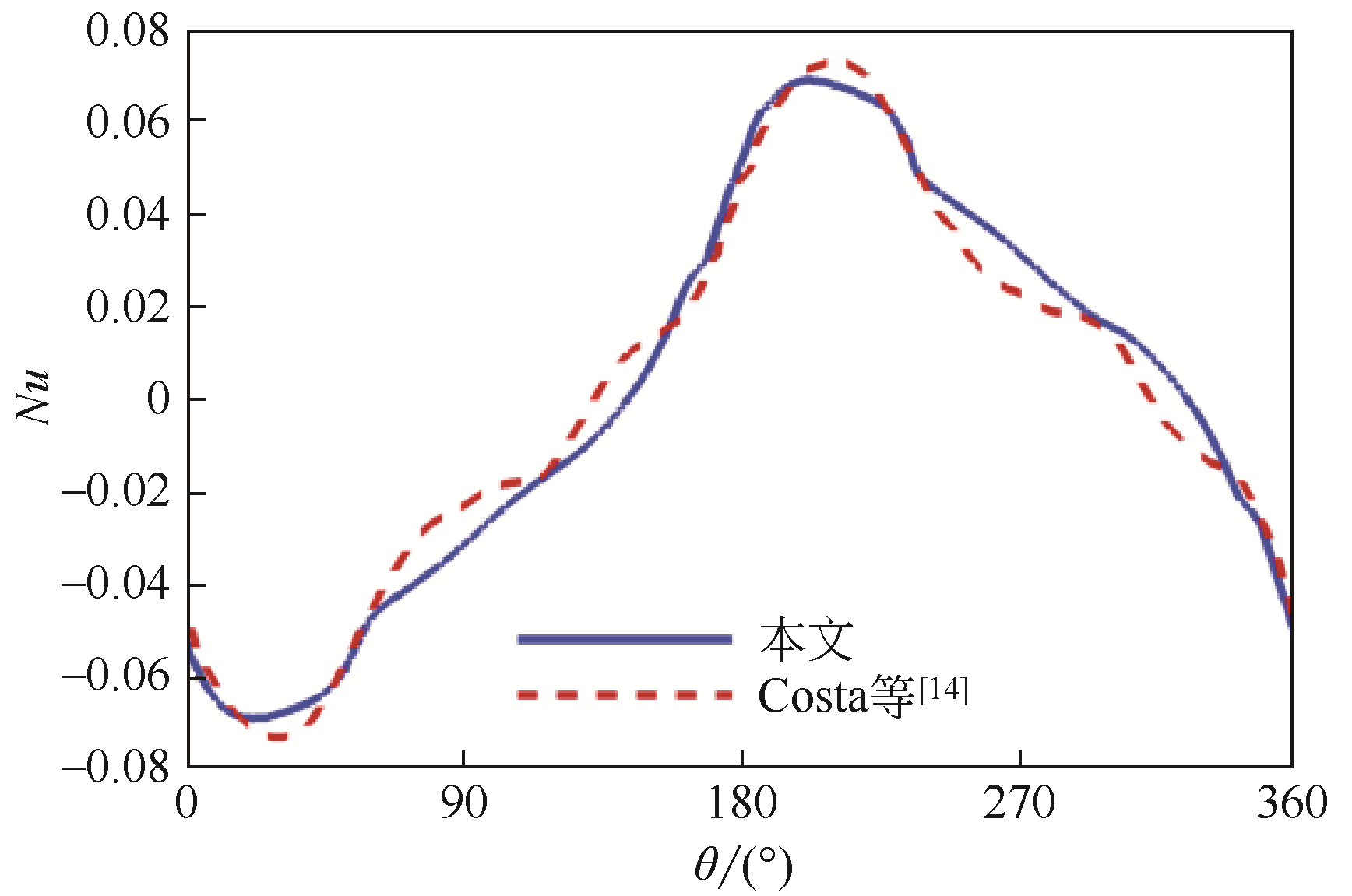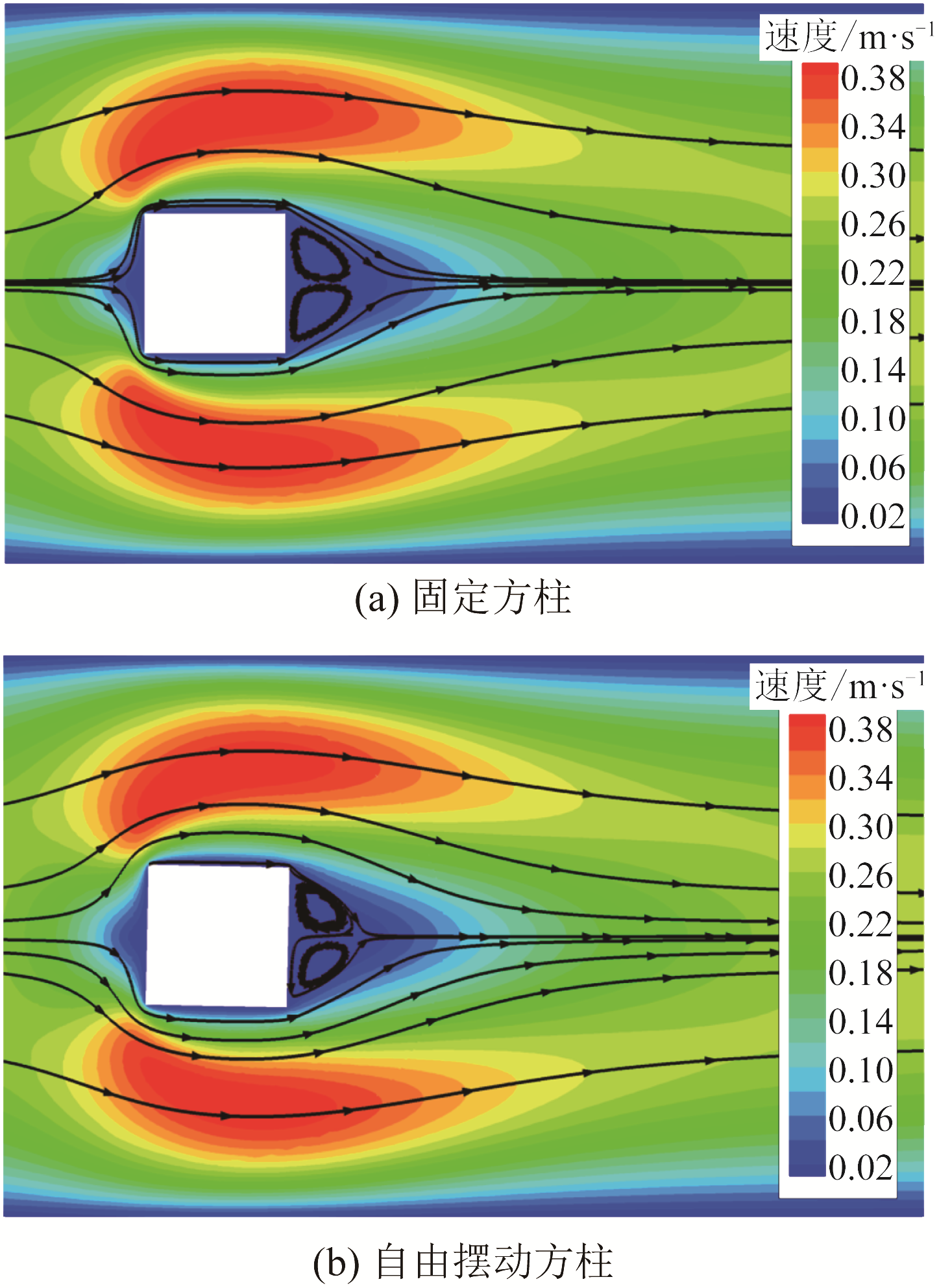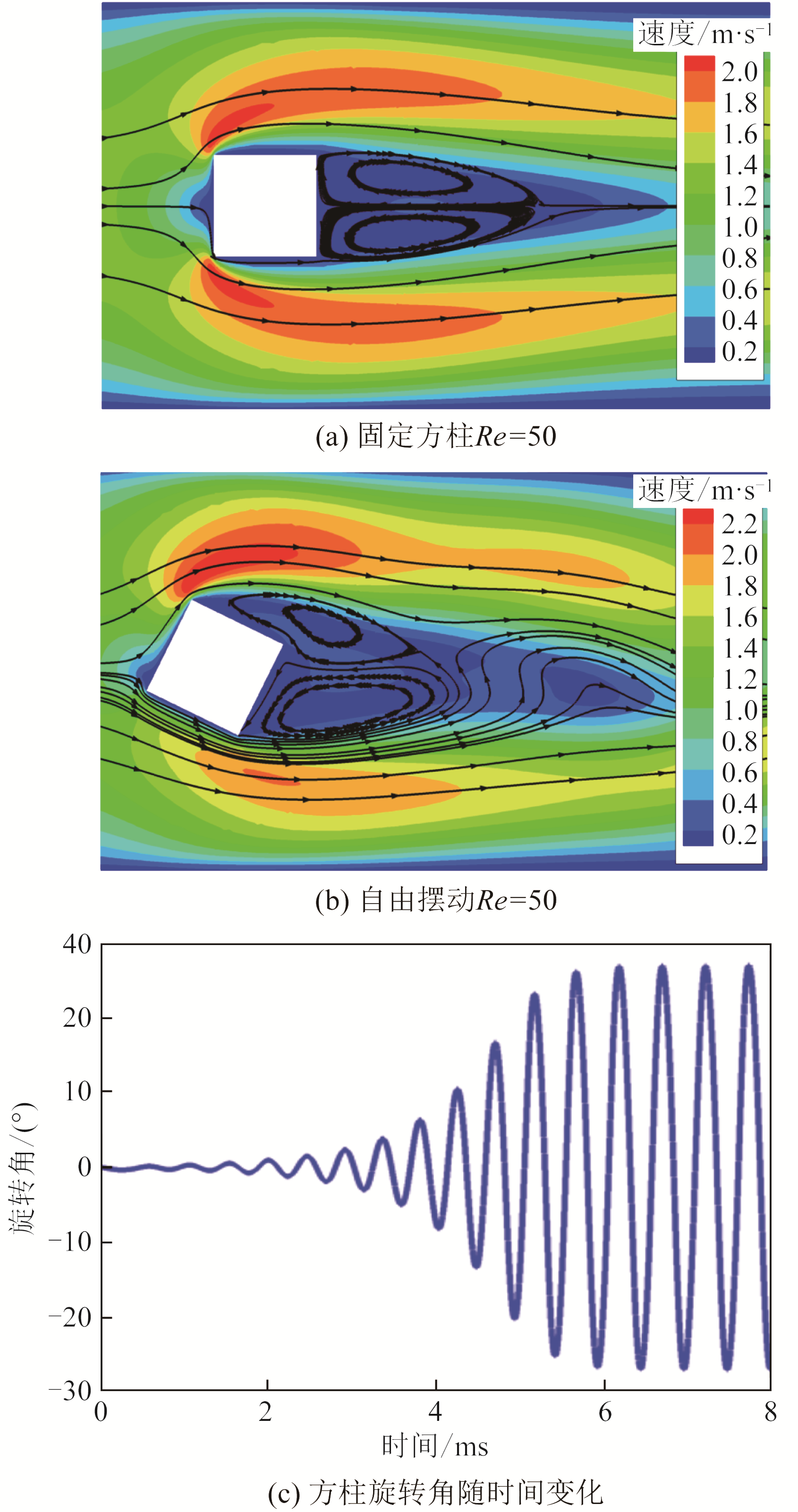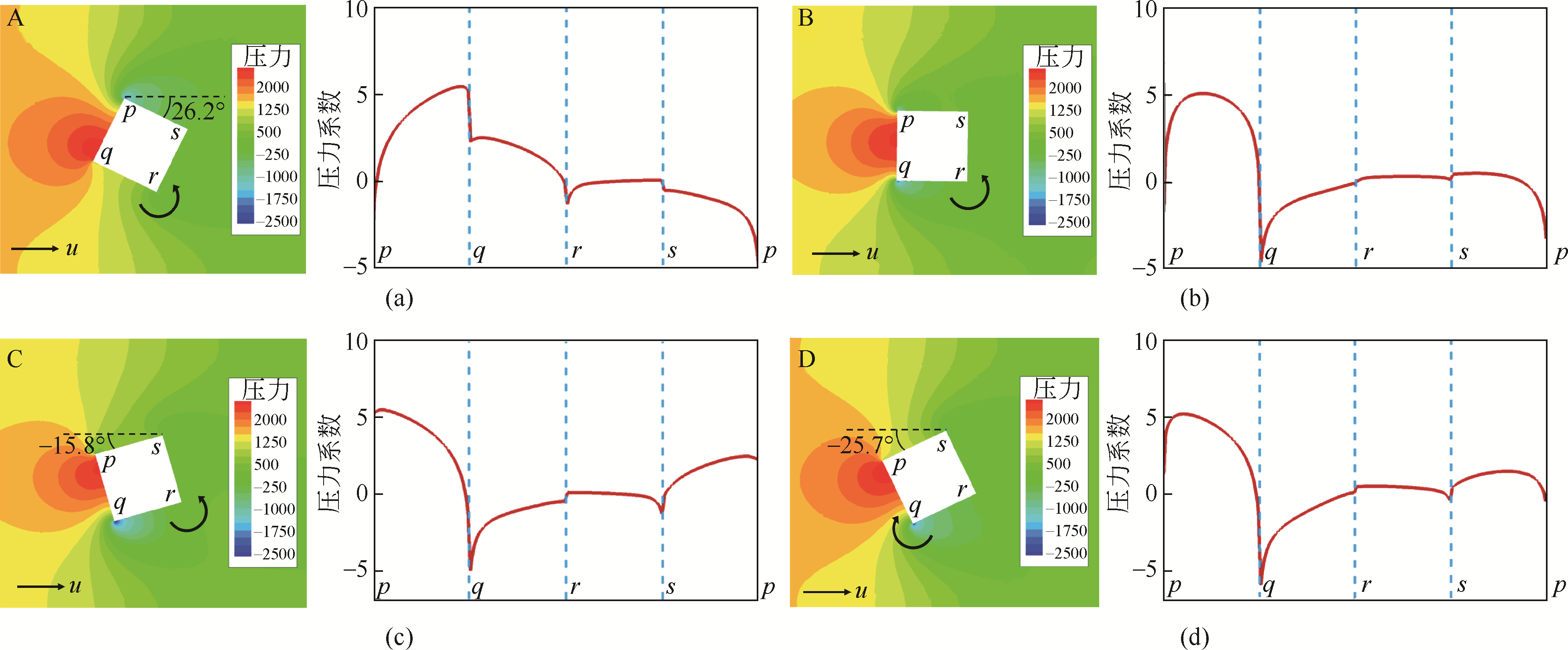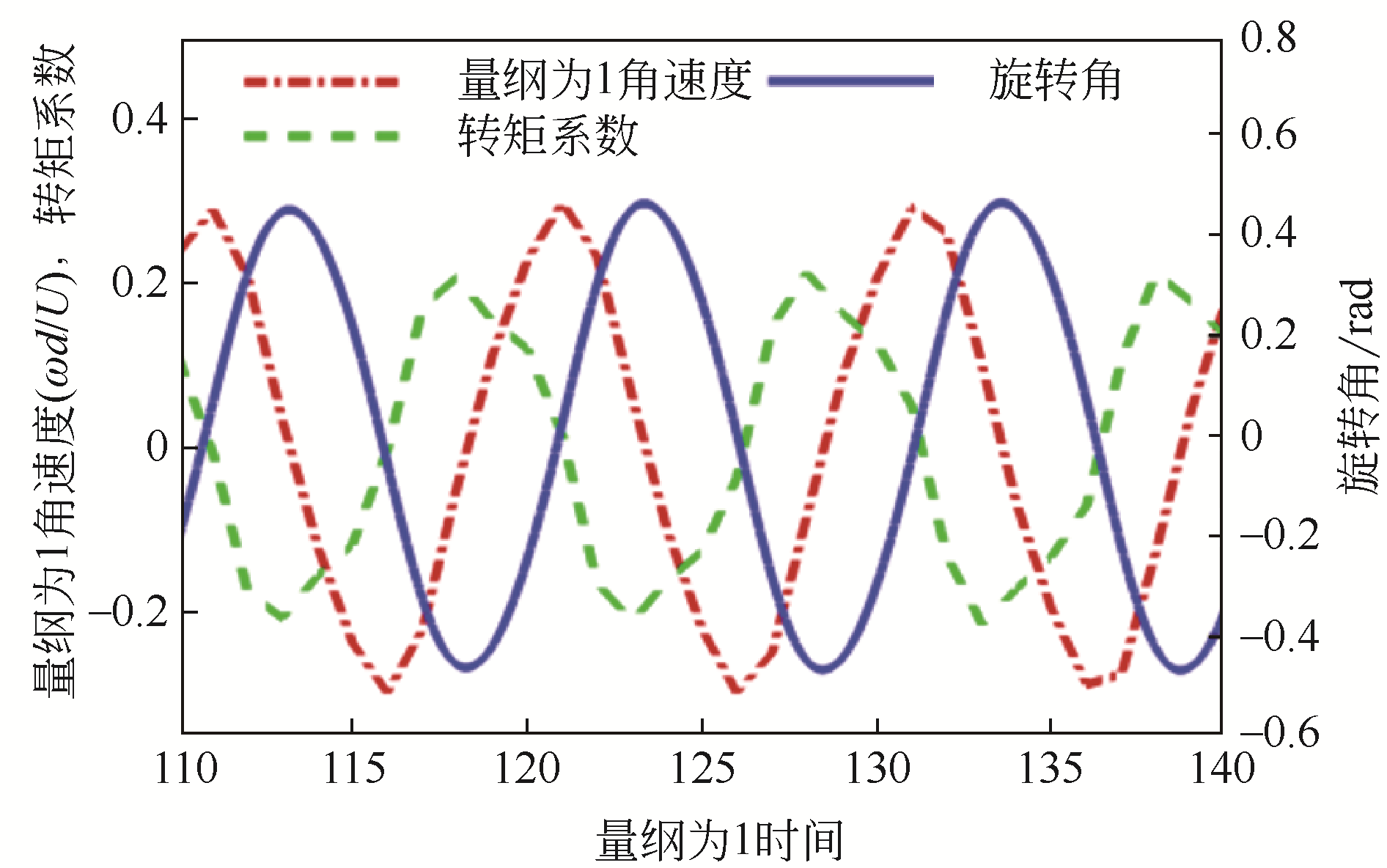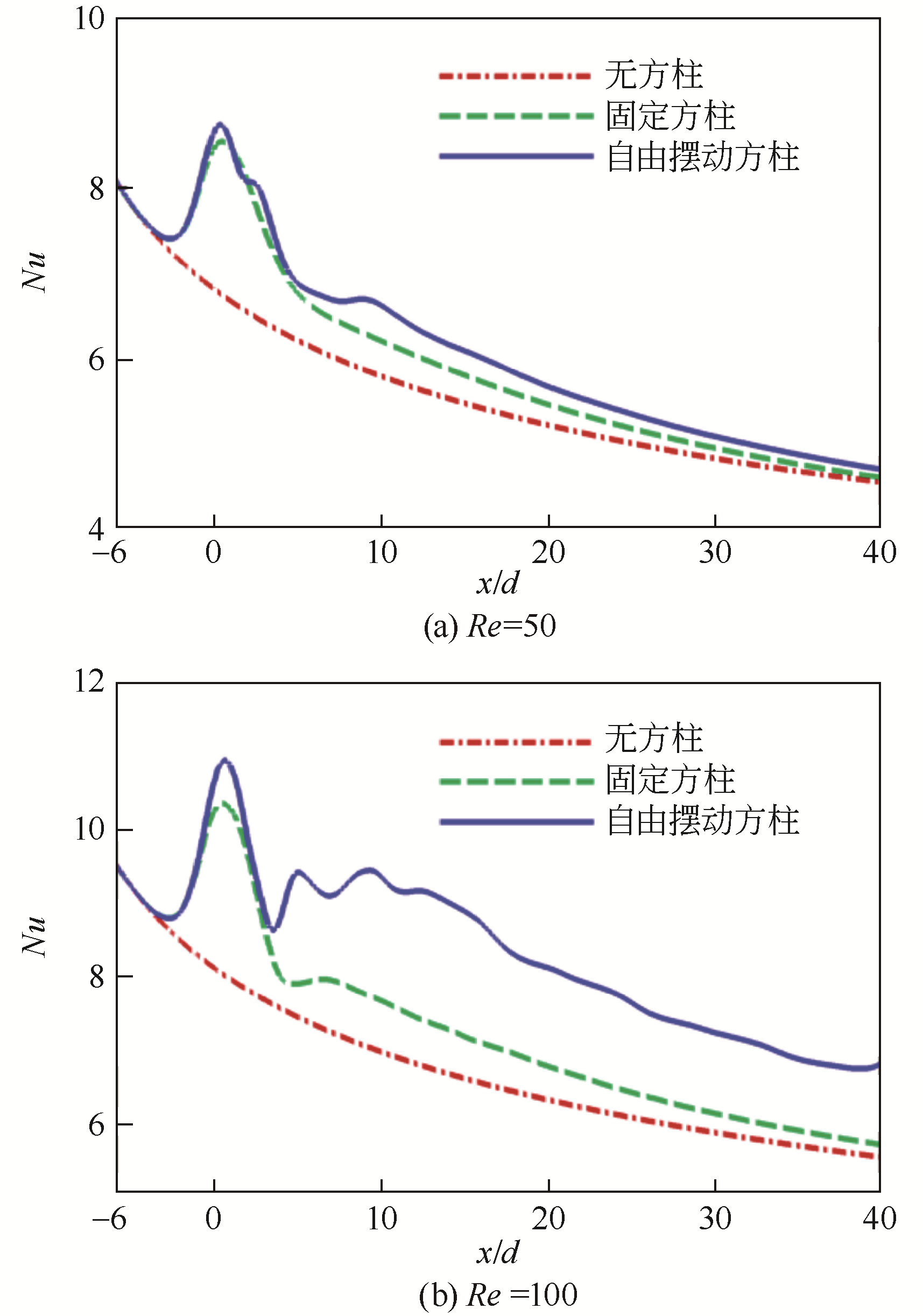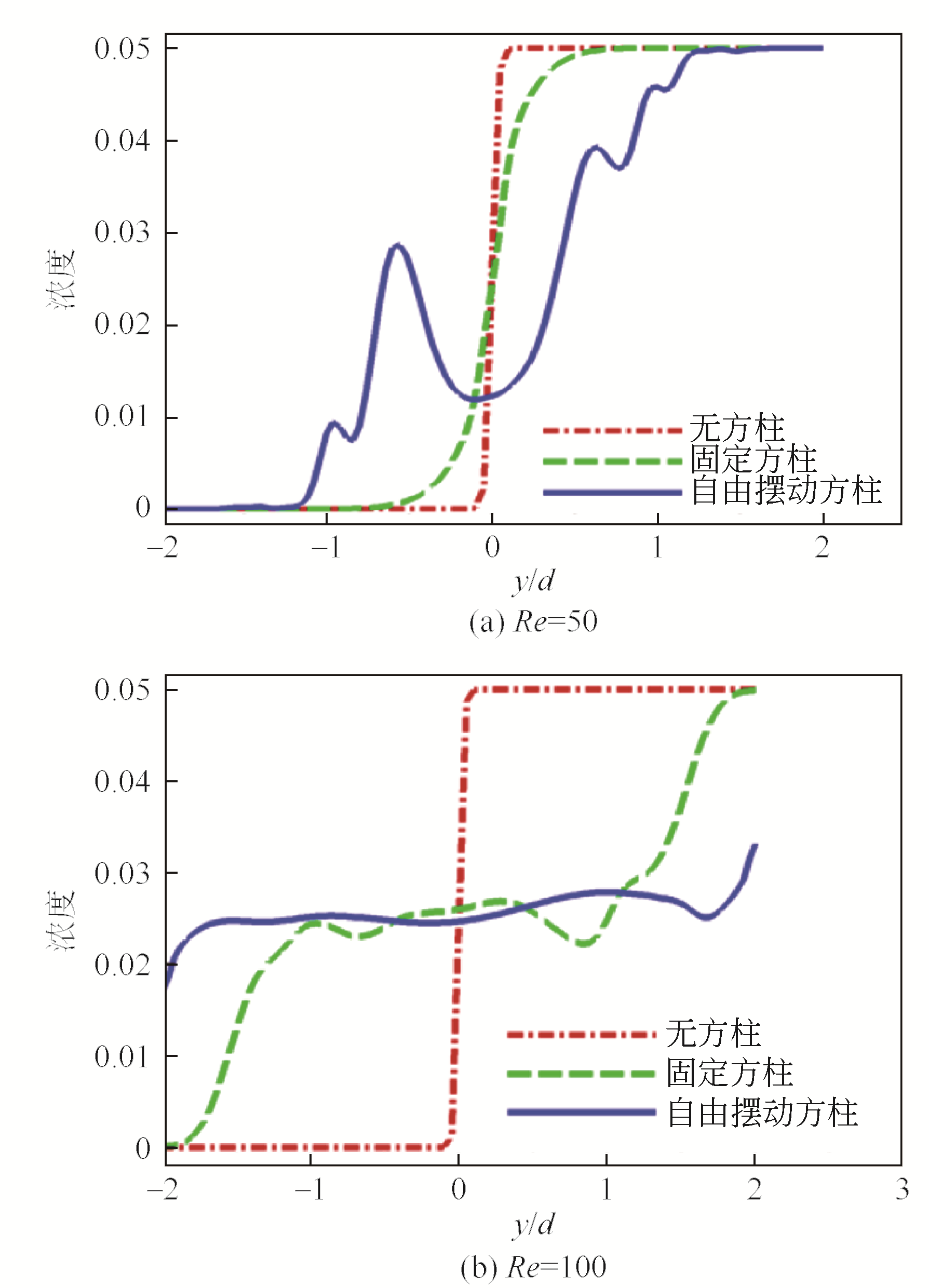| 1 |
KUPPUSAMY N R , GHAZALI N N N , SAIDUR R , et al . Optimum design of triangular shaped micro mixer in micro channel heat sink[J]. International Journal of Heat and Mass Transfer, 2015, 91: 52-62.
|
| 2 |
陈光文, 赵玉潮, 袁权 . 微尺度下液-液流动与传质特性的研究进展[J]. 化工学报, 2010, 61(7): 1627-1635.
|
|
CHEN Guangwen , ZHAO Yuchao , YUAN Quan . Advances in flow hydrodynamic and mass transfer characteristics of liquid phase in microscale[J]. CIESC Journal, 2010, 61(7): 1627-1635.
|
| 3 |
SENN S M , POULIKAKOS D . Laminar mixing, heat transfer and pressure drop in tree-like microchannel nets and their application for thermal management in polymer electrolyte fuel cells[J]. Journal of Power Sources, 2004, 130(1): 178-191.
|
| 4 |
DEWAN A , SRIVASTAVA P . A review of heat transfer enhancement through flow disruption in a microchannel[J]. Journal of Thermal Science, 2015, 24(3): 203-214.
|
| 5 |
BERGLES A E , MANGLIK R M . Current progress and new developments in enhanced heat and mass transfer[J]. Journal of Enhanced Heat Transfer, 2013, 20(1): 1-15.
|
| 6 |
SHOELE K , MITTAL R . Computational study of flow-induced vibration of a reed in a channel and effect on convective heat transfer[J]. Physics of Fluids, 2014, 26(12): 127103.
|
| 7 |
LEE J B, PARK S G , KIM B , et al . Heat transfer enhancement by flexible flags clamped vertically in a Poiseuille channel flow[J]. International Journal of Heat and Mass Transfer, 2017, 107: 391-402.
|
| 8 |
LEE J B, PARK S G , SUNG H J . Heat transfer enhancement by asymmetrically clamped flexible flags in a channel flow[J]. International Journal of Heat and Mass Transfer, 2018, 116: 1003-1015.
|
| 9 |
夏国栋, 王海岩, 苑中显, 等 . 基于横断扰流结构微通道的数值仿真优化[J]. 北京工业大学学报, 2012, 38(6): 927-932.
|
|
XIA Guodong , WANG Haiyan , YUAN Zhongxian , et al . Numerical simulation of the interrupted microchannel heat sink with spoilers in transverse zones[J]. Journal of Beijing University of Technology, 2012, 38(6): 927-932.
|
| 10 |
ZAKI T G , GAD-EL-HAK M S M . Numerical and experimental investigation of flow past a freely rotatable square cylinder[J]. Journal of Fluids & Structures, 1994, 8(7): 555-582.
|
| 11 |
WANG Shizhao , ZHU Luoding , ZHANG Xing , et al . Flow past two freely rotatable triangular cylinders in tandem arrangement[J]. Journal of Fluids Engineering, 2011, 133(8): 081202.
|
| 12 |
RYU S, IACCARINO G . Vortex-induced rotations of a rigid square cylinder at low Reynolds numbers[J]. Journal of Fluid Mechanics, 2017, 813: 482-507.
|
| 13 |
NIE Deming , LIN Jianzhong . Characteristics of flow around an impulsively rotating square cylinder via LB-DF/FD method[J]. Chinese Physics Letters, 2010, 27(10): 104701.
|
| 14 |
COSTA V A F , RAIMUNDO A M . Steady mixed convection in a differentially heated square enclosure with an active rotating circular cylinder[J]. International Journal of Heat and Mass Transfer, 2010, 53(5/6): 1208-1219.
|
| 15 |
ORTEGA-CASANOVA J . CFD study on mixing enhancement in a channel at a low Reynolds number by pitching a square cylinder[J]. Computers & Fluids, 2017, 145: 141-152.
|
 ),Zhenhai PAN,Huiying WU(
),Zhenhai PAN,Huiying WU( )
)
